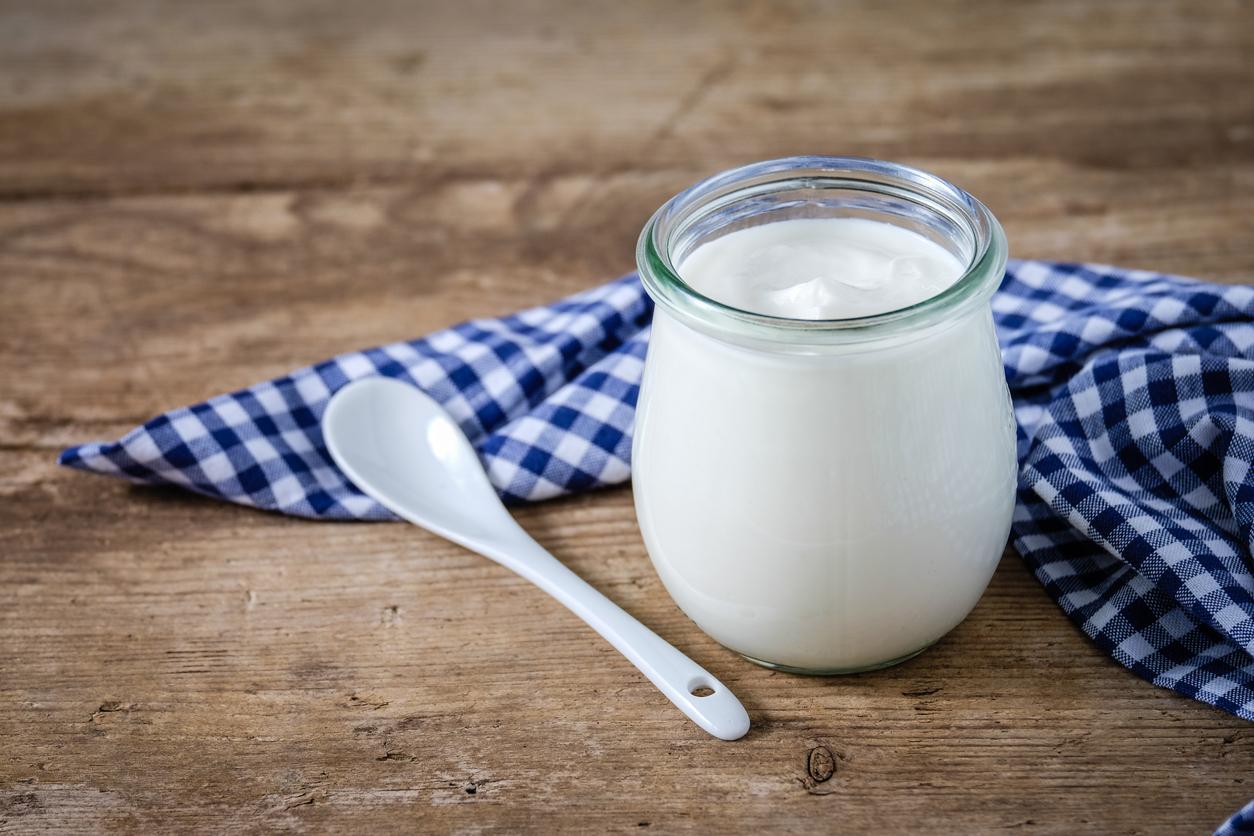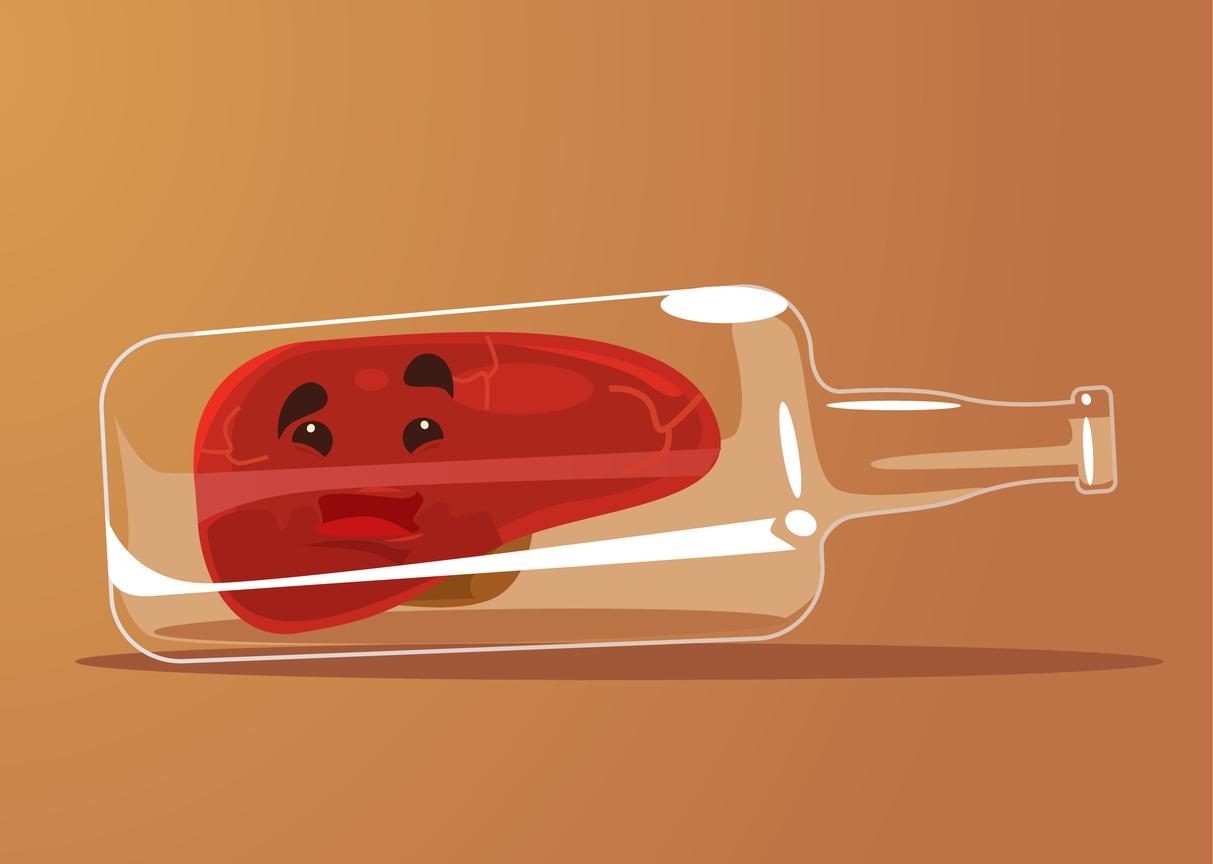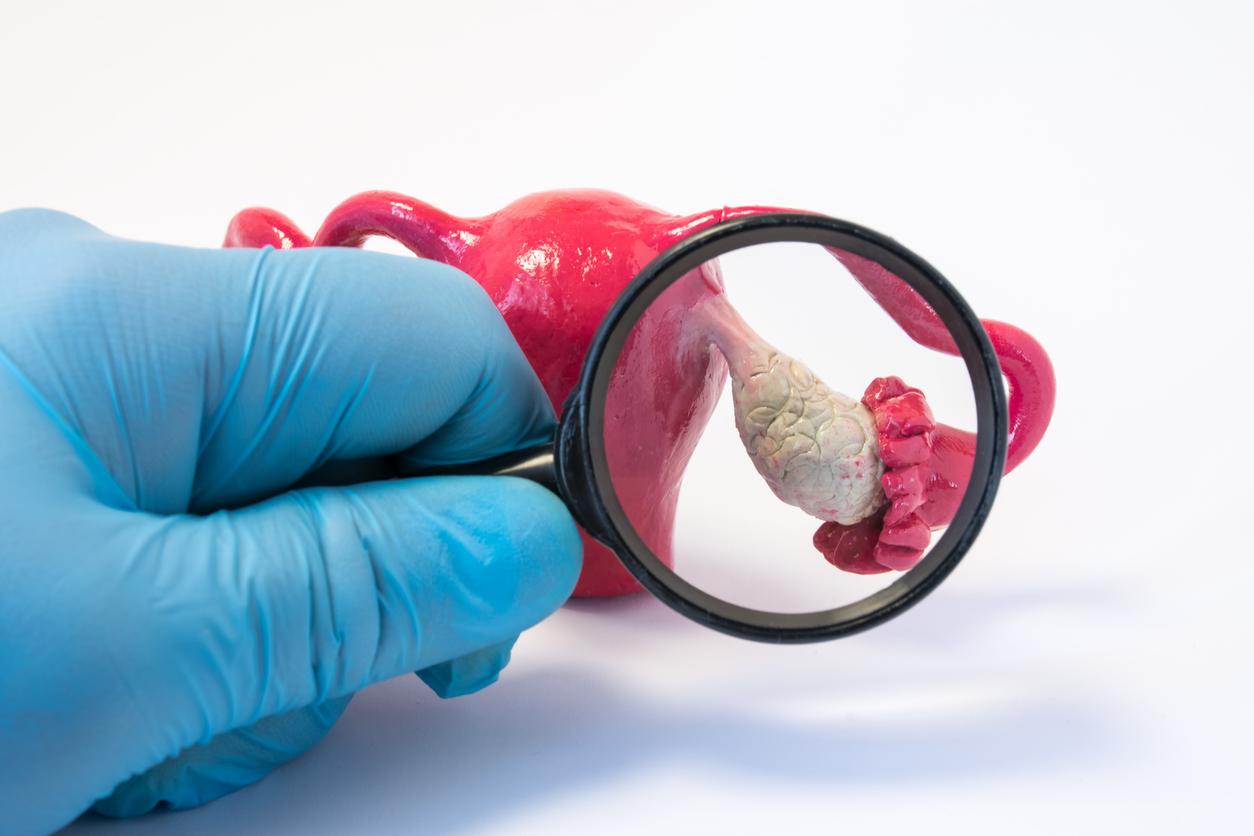THE nitrite are naturally present in certain places: in water, in the ground, and in certain vegetables. In fact, our food contains it, especially since industrial and agricultural practices tend to accentuate the phenomenon.
Nitrites have an antimicrobial role which makes it possible to limit the development of pathogenic bacteria at the origin of certain food infections, recalls Inserm in a press release, this January 17. It is for this reason that it is often found in addition in the white ham of large surface (this is what gives it its pink color!), and globally in 15,000 packaged French products.
A recent report by the Food Agency (Anses) had already confirmed last July that they were involved in the risk of colorectal cancer. According to a study unveiled on January 17 by the magazine PLOS Medicinethey would also be involved in the development of type 2 diabetes.
Between 2009 and 2021, the NutriNet-Santé prospective cohort followed more than 100,000 people during all their meals “The volunteers provided detailed information on their food consumption by sending the scientists complete records of their meals over repeated 24-hour periods, including the names and brands of the products”, explains Inserm.
Sharply increased risk of diabetes
In addition to what they ate, the health authorities also provided information on the levels of nitrites and nitrates present in their environment. None of them had type 2 diabetes at the start, which allowed scientists to study the impact of these two elements on their health.
They realized that those who were most exposed to nitrites (in the form of additives and via so-called “non-additive” sources) had 27% increased risk of type 2 diabetes, compared to those who consumed the least. The biggest culprits are nitrites in the form of additives (increasing the risk to 53% for those who consumed the most). On the other hand, nitrates were not associated with it.
The scientists concluded that “these results provide a new piece of evidence in the context of current discussions regarding the need for a reduction in the use of nitrite additives in meats processed by the food industryand could also support the need for better regulation of soil contamination by fertilizers.”
Sources:
- Dietary exposure to nitrites associated with an increased risk of type 2 diabetes, Inserm, January 17, 2023.
- Dietary exposure to nitrites and nitrates in association with type 2 diabetes risk: results from the NutriNet-Sante population-based cohort study, Plos One, 17 January 2023.

















